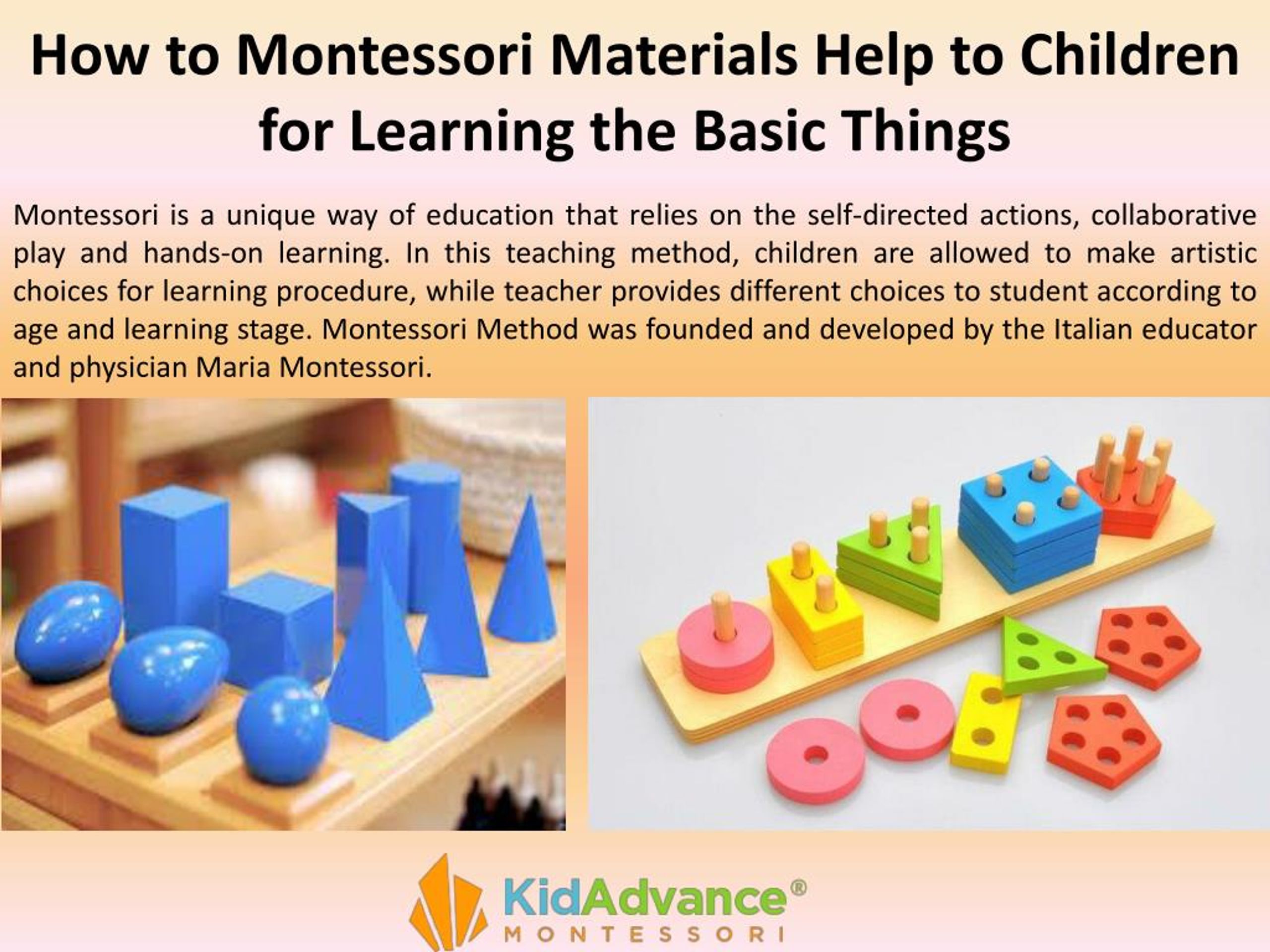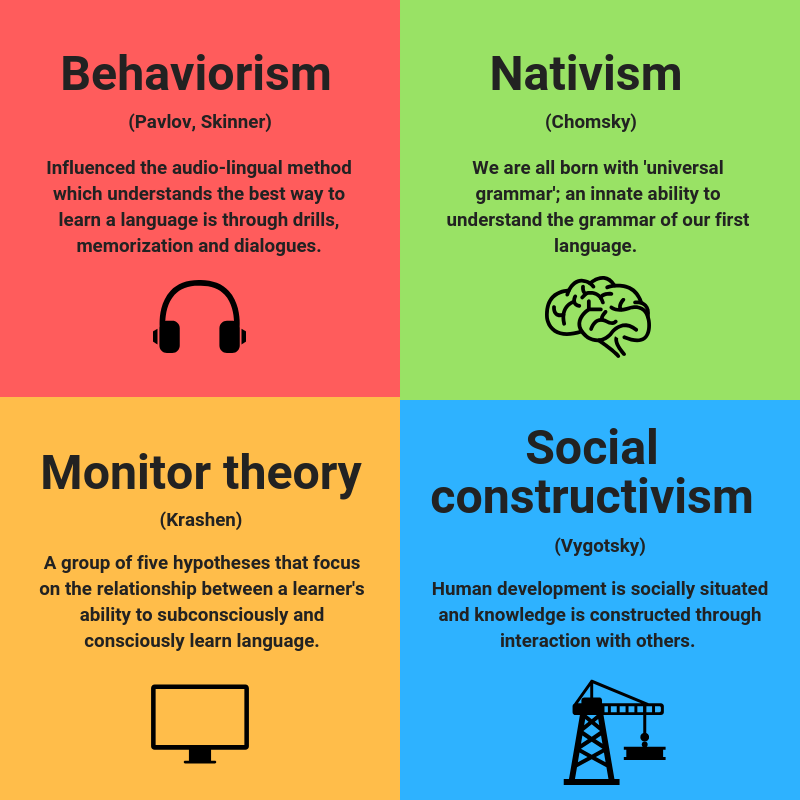
Nurturing Curiosity and Independence through Hands-On Montessori Education
Montessori education is renowned for its hands-on approach, cultivating a love for learning by engaging students in tangible experiences. Let’s delve into the transformative power of hands-on Montessori education and how it shapes the educational journey.
The Essence of Hands-On Learning in Montessori Education
At the core of Montessori education is the belief that children learn best by doing. Hands-on learning provides a sensory-rich experience, allowing students to explore and understand concepts through touch, movement, and direct engagement with materials. This approach fosters a deep connection between the child and the learning process.
Practical Life Activities: A Foundation for Independence
Hands-on experiences start with practical life activities in Montessori classrooms. These activities, such as pouring, sorting, and dressing, not only enhance fine motor skills but also instill a sense of order and independence in children. Through these hands-on tasks, students develop the confidence to navigate daily life with competence.
Sensorial Exploration: Engaging the Senses
The sensorial materials in Montessori education provide a hands-on way for children to explore and refine their senses. Activities involving touch, sight, sound, taste, and smell not only stimulate cognitive development but also create a holistic understanding of the world. This sensory-rich environment lays the groundwork for future academic exploration.
Math and Language Manipulatives: Concrete Foundations
Hands-on manipulatives play a crucial role in teaching abstract concepts in mathematics and language. Montessori math materials, such as the golden beads, enable students to grasp complex mathematical ideas through tactile experiences. Similarly, language development is enhanced through hands-on activities like the Moveable Alphabet, bridging the gap between theory and practice.
Individualized Learning Paths: Fostering Autonomy
Hands-on Montessori education recognizes the individuality of each learner. The classroom environment allows students to choose activities based on their interests and developmental readiness. This autonomy not only empowers students but also nurtures a love for learning, as they actively participate in their educational journey.
Linking Theory to Practice: Explore Hands-On Montessori Education
To experience the enriching impact of Hands-On Montessori Education, consider immersing yourself in a learning environment that prioritizes tangible experiences. This unique approach bridges the gap between theory and practice, providing a firsthand look at how hands-on learning transforms education.
Cultivating a Lifelong Love for Learning
Hands-on Montessori education goes beyond traditional teaching methods. By emphasizing experiential learning, it cultivates a lifelong love for acquiring knowledge. The joy and curiosity sparked through hands-on activities lay the foundation for students to become enthusiastic, self-motivated learners throughout their lives.
Teacher as Guide: Nurturing Inquisitive Minds
In the hands-on Montessori classroom, the teacher assumes the role of a guide, facilitating and supporting students on their learning journeys. This dynamic encourages a collaborative approach, where teachers and students explore together, fostering a sense of shared discovery and intellectual curiosity.
A Holistic Approach to Education
In essence, hands-on Montessori education provides a holistic approach to learning. By integrating tactile experiences across various subjects, it nurtures not only academic growth but also social, emotional, and physical development. The hands-on approach fosters a well-rounded education that prepares students for a future of continuous exploration and learning.
Embracing the Transformative Power
In conclusion, the transformative power of hands-on Montessori education lies in its ability to create a dynamic, engaging, and personalized learning experience. By embracing a hands-on approach, students not only grasp academic concepts more profoundly but also develop essential life skills and a passion for lifelong learning. To explore the tangible impact of Hands-On Montessori Education, step into an educational environment where curiosity and independence are nurtured through hands-on exploration.




